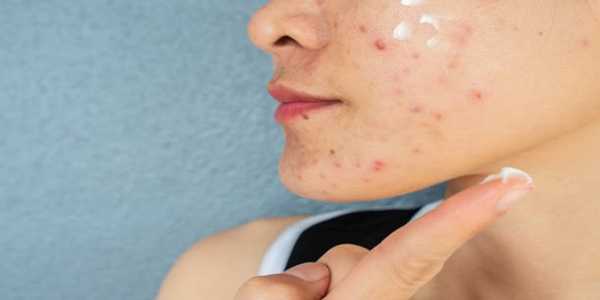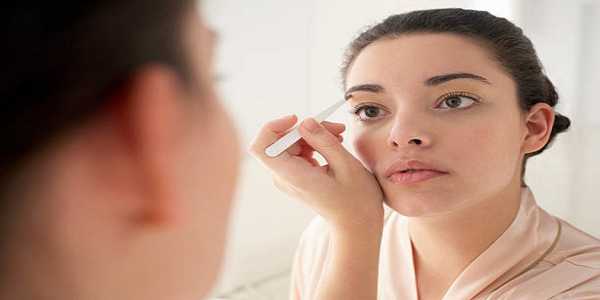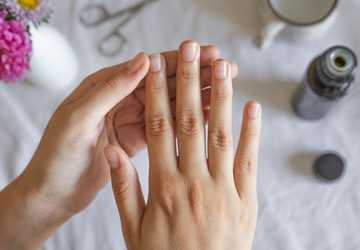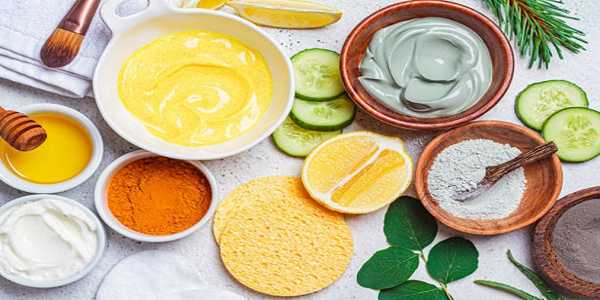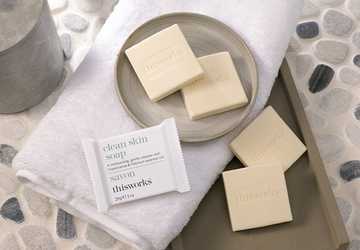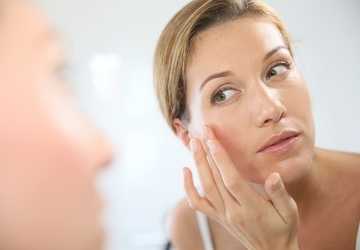How to Prevent and Treat Acne Breakouts
Acne breakouts can be a frustrating and sometimes painful part of life, affecting people of all ages and skin types. While it’s commonly associated with the teenage years due to hormonal changes, many adults also struggle with acne, often due to factors such as stress, diet, and environmental influences. Understanding how to prevent and treat acne can make a significant difference in managing this condition and improving overall skin health.
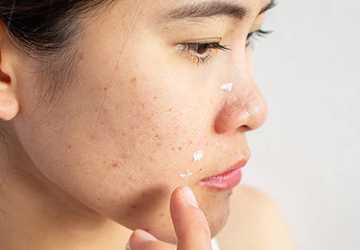
By adopting a consistent skincare routine, making informed lifestyle choices, and knowing when to seek professional help, you can keep your skin clear, healthy, and radiant. Here's a simplified guide to help you achieve and maintain clear skin tailored for teens and adults.
Understanding Acne
Acne occurs when hair follicles become clogged with oil and dead skin cells, leading to whiteheads, blackheads, or pimples. Factors like hormones, diet, stress, and genetics can all contribute to acne. Knowing what causes your breakouts is the first step in preventing them.
Preventing Acne Breakouts
Keep Your Skin Clean: Washing your face twice daily with a gentle cleanser can help remove excess oil, dirt, and sweat. Avoid using harsh soaps or scrubbing too hard, irritating your skin and worsening acne. Look for "non-comedogenic" cleansers that won't clog your pores.
Avoid Touching Your Face: Your hands come into contact with many bacteria throughout the day. Touching your face can transfer these bacteria, leading to breakouts. Try to keep your hands away from your face as much as possible.
Stay Hydrated: Drinking plenty of water helps keep your skin hydrated and can reduce the risk of acne. When dehydrated, skin may produce more oil to compensate, resulting in clogged pores and breakouts.
Eat a Balanced Diet: While the link between diet and acne is still being studied, some research suggests that certain foods may trigger breakouts. High-glycemic foods (like sugary snacks and refined carbs) and dairy products have been linked to acne. Eating a balanced diet rich in fruits, vegetables, lean proteins, and whole grains can help keep your skin healthy.
Manage Stress: Stress can lead your body to produce more hormones, resulting in higher oil production and potentially causing acne. Finding ways to manage stress, such as through exercise, meditation, or hobbies, can help reduce breakouts.
Choose the Right Skincare Products: Choosing products that suit your skin type is crucial. For oily skin, opt for oil-free or mattifying products. For dry skin, opt for hydrating and non-comedogenic products. Always check the labels and avoid products with ingredients known to clog pores.
Treating Acne Breakouts
Over-the-Counter Treatments:
Several effective over-the-counter (OTC) treatments for acne are available. These often contain active ingredients like benzoyl peroxide, salicylic acid, or alpha hydroxy acids (AHAs). Benzoyl peroxide helps kill acne-causing bacteria, while salicylic acid helps unclog pores. AHAs can help exfoliate the skin and remove dead skin cells.
Prescription Medications:
If OTC treatments aren't effective, a dermatologist can prescribe stronger medications. These might include topical retinoids, which help prevent clogged pores, or antibiotics to reduce inflammation and bacteria. Oral medicines like isotretinoin (Accutane) may be recommended in severe cases.
Natural Remedies:
Some people find relief from acne with natural remedies. Tea tree oil has antibacterial properties that can help reduce acne, and aloe vera can soothe and heal inflamed skin. However, it's essential to patch-test any natural remedy before applying it to your face, as some people may experience allergic reactions.
Professional Treatments:
Dermatologists offer several in-office treatments for acne. Chemical peels can help remove the top layer of dead skin cells and reduce acne. Laser and light therapies can target the bacteria that cause acne and reduce inflammation. Extraction procedures can manually remove blackheads and whiteheads.
Daily Skincare Routine for Acne-Prone Skin
Morning Routine:
Cleanse: Use a gentle cleanser to remove any dirt and oil accumulated overnight.
Treat: If needed, apply an acne treatment product (e.g., salicylic acid or benzoyl peroxide).
Moisturize: Use a lightweight, non-comedogenic moisturizer to keep your skin hydrated.
Protect: Use a broad-spectrum sunscreen with a minimum SPF of 30. Sunscreen is essential, even for those with acne-prone skin, because some acne treatments can increase your skin's sensitivity to the sun.
Evening Routine:
Cleanse: Rewash your face with a gentle cleanser to remove makeup, dirt, and oil.
Treat: Apply any prescribed or OTC acne treatments.

Moisturize: Use a non-comedogenic moisturizer to keep your skin hydrated overnight.
Tips for Specific Types of Acne
Whiteheads and Blackheads:
Exfoliate Gently: Use products containing AHAs or BHAs (beta hydroxy acids) to exfoliate your skin and prevent clogged pores.
Topical Retinoids: These can help prevent the formation of new comedones (whiteheads and blackheads).
Papules and Pustules:
Spot Treatments: Apply benzoyl peroxide or salicylic acid as a spot treatment to decrease swelling and kill bacteria.
Avoid Picking: Picking at these pimples can cause scarring and spread bacteria.
Nodules and Cysts:
See a Dermatologist: These severe forms of acne often require prescription treatments.
Avoid Squeezing: Squeezing cysts and nodules can lead to deeper infections and scarring.
Lifestyle Changes for Acne Prevention
Change Pillowcases Regularly: Pillowcases can collect oil, bacteria, and dead skin cells. Changing them regularly can help reduce acne breakouts.
Hair Care: If you have oily hair, washing it regularly can help prevent acne, especially along the hairline. Avoid using hair products that can transfer to your skin and clog your pores.
Choose the Right Makeup: If you wear makeup, opt for products labelled as non-comedogenic or oil-free. Permanently remove your makeup before bed to prevent clogged pores.
Exercise Regularly: Exercise can help reduce stress and improve circulation, benefiting your skin. Just shower and cleanse your skin after sweating to remove bacteria and sweat.
When to See a Dermatologist
Seeing a dermatologist is essential if your acne is severe, persistent, or causing scarring. They can provide personalized treatment plans and prescribe stronger medications if needed. Early intervention can prevent acne from worsening and reduce the risk of long-term scarring.
Conclusion
Acne can be challenging to manage, but breakouts can be effectively prevented and treated with the right approach. You can keep your skin clear and healthy by maintaining a consistent skincare routine, making healthy lifestyle choices, and seeking professional help. Everyone's skin is different, so finding what works best for you may take some time. Be patient and persistent, and don't hesitate to seek advice from a dermatologist.
